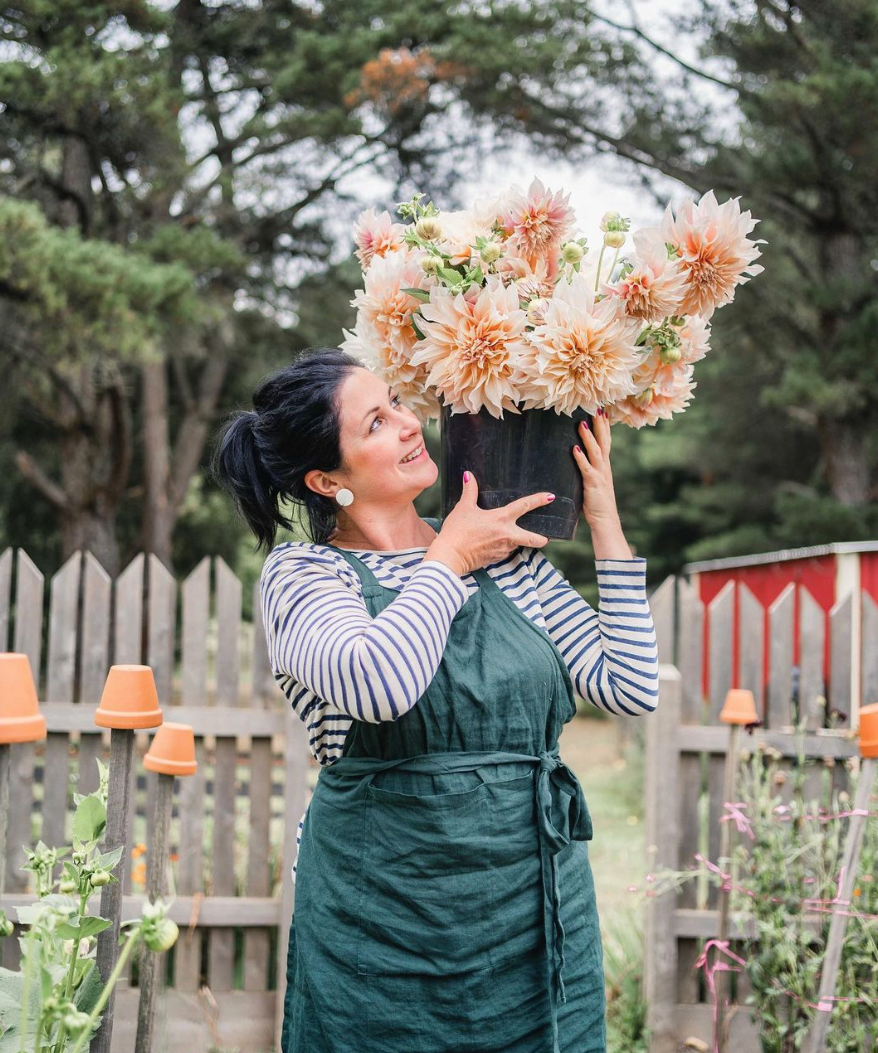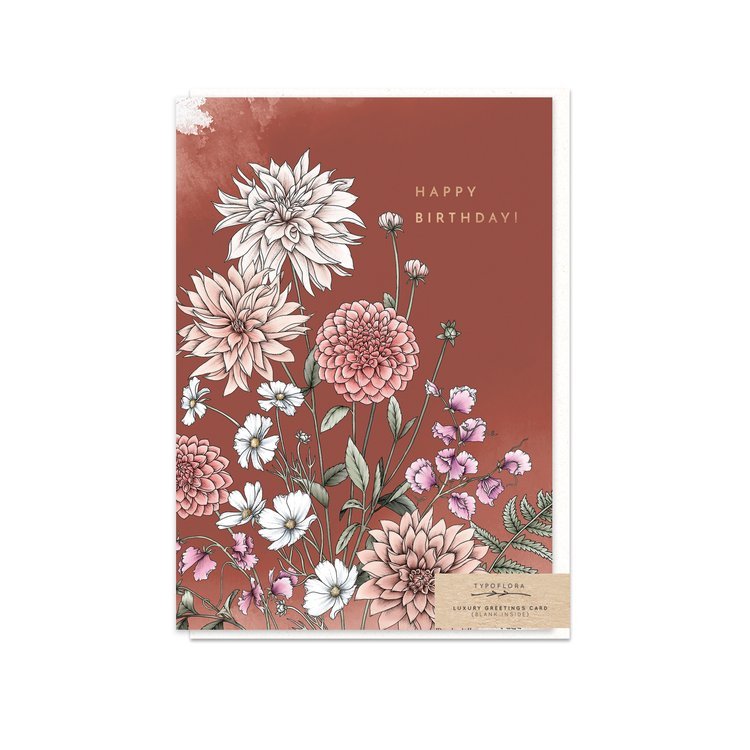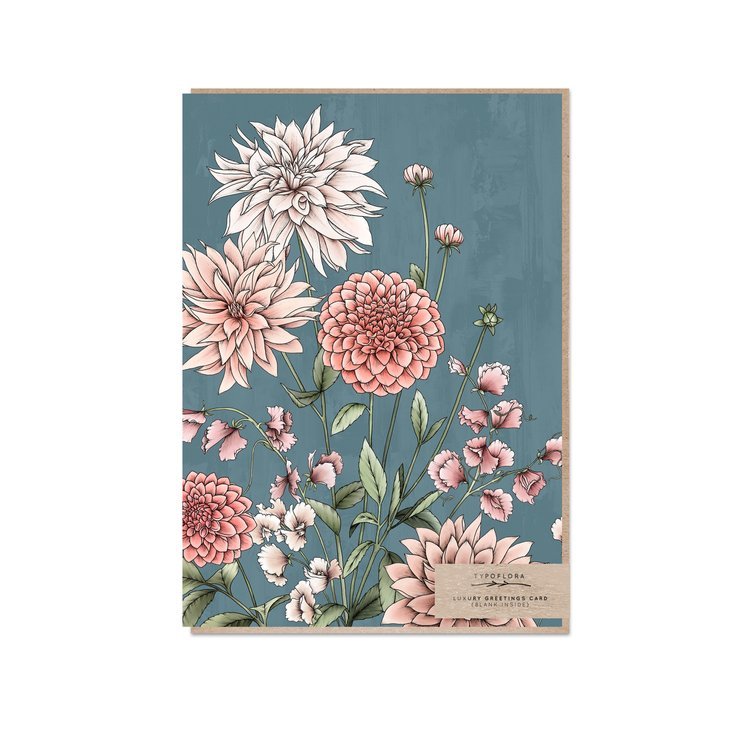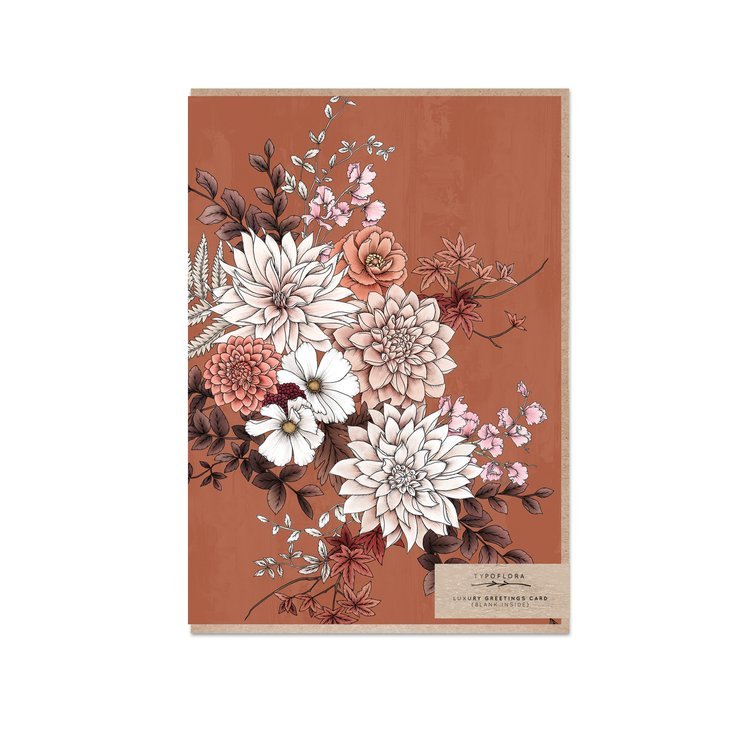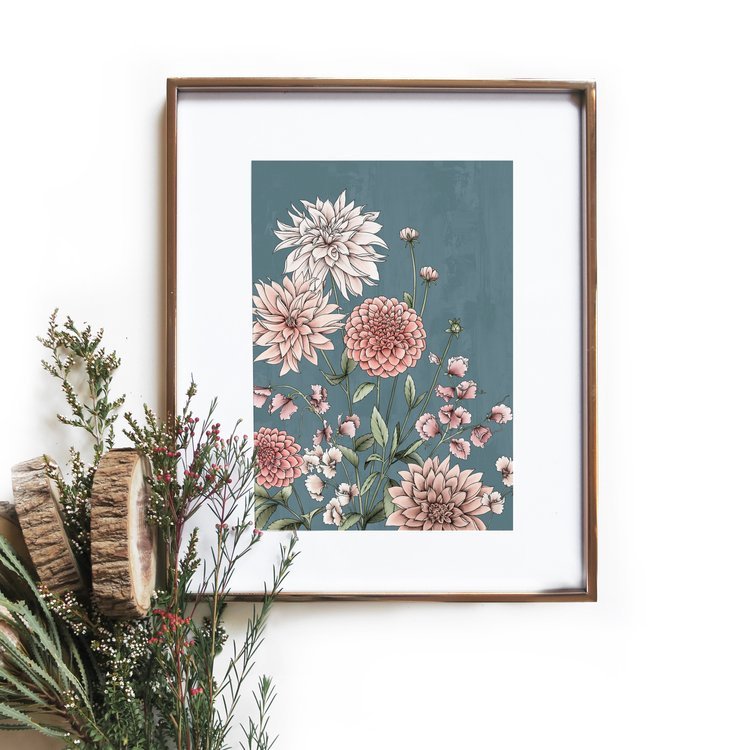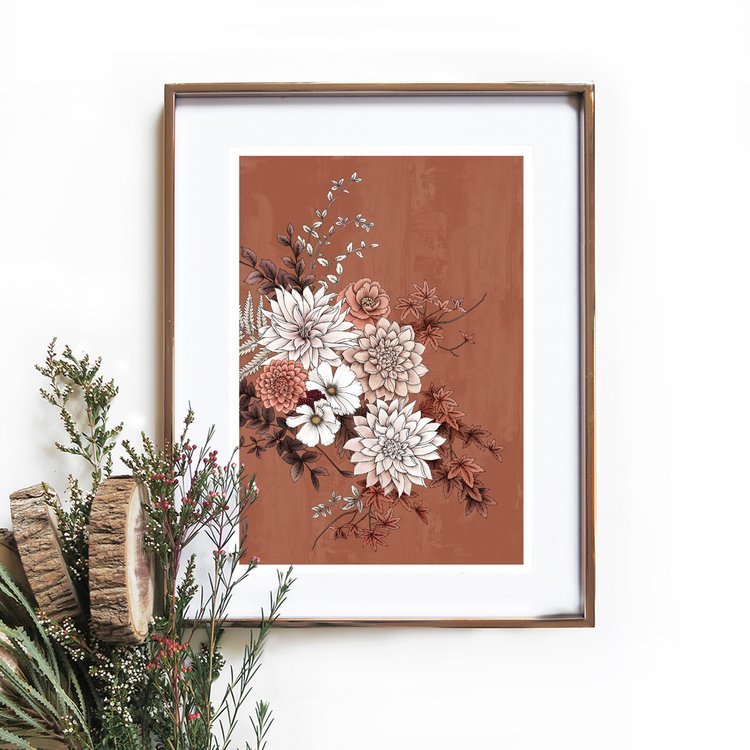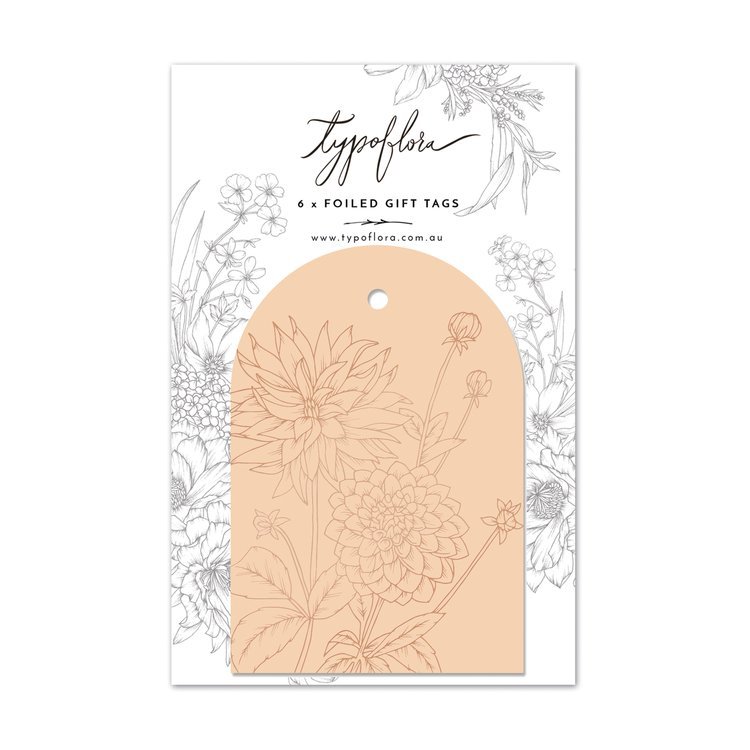Meet the GROWER: Janae Paquin-Bowden
April 2024
This month we meet Janae Paquin-Bowden, founder of Fleurs de Lyonville, a micro-flower farm located in the heart of Victoria’s stunning Daylesford and Macedon region. Janae, together with her husband Chris, grows a wide range of magnificent, chemical-free seasonal blooms, from classic cottage varieties such as sweet peas (Janae’s ultimate favourite), dahlias and delphiniums to Australian natives such as waratahs and billy buttons. This dynamic duo supply blooms for weddings, events, farmers markets, and local grocers and cafés.
Photo by @juanmeyn
Originally a teacher, a profession she shared with Chris, Janae decided that flower farming was for her when she fell in love with the van-load of flowers she ordered from a local grower for her wedding. In 2017, after much planning, she started her own flower farm on her and Chris’s property in the hamlet of Lyonville, which is nestled beside the charmingly named Wombat State Forest. Since then, Janae has gone from strength to strength with the business, building it from a few dahlia bulbs to the two acres of a multitude of flower varieties she tends to today. The farm has become so successful that Chris, an assistant principal, quit his job and now works full time with Janae growing fantastic blooms.
Photo by @_chloesmithphotography_
Photo by @_chloesmithphotography_
I was drawn to Janae’s work by her gorgeous use of bold, large flowers in vibrant colours – I love her maximalist style when it comes to arrangements! She uses pattern and textures so well. And no wonder – in addition to running the farm, raising two young children and caring for a menagerie of animals (including a flock of sheep and a couple alpacas!), Janae has recently returned to another of her dreams: working as a ceramicist. Her skills with colour and texture flow through her floral work into her pottery, which she makes in the winter months during the slower growing season of the year.
Our flowers for April are Janae’s favourites: sweet peas and dahlias. Here’s what Janae had to say when I interviewed her for our 2024 Planner.
1/ Can you tell us a bit about your everyday life in the garden and your ‘field to vase’ concept?
The idea behind the ‘field to vase’ concept is that our flowers are grown locally, seasonally and organically with as minimal a carbon footprint as possible. The result is superior scented flowers that last longer in your home – straight from the field to you!
During our growing season, our week starts with farm maintenance jobs, including sowing seeds, weeding or digging dahlia tubers. Most deliveries, orders and weddings are later in the week. Our jobs are divided: I focus on cutting and designing with the flowers for grocery bouquets, weddings, Melbourne farmers markets and workshops. Chris is in charge of growing, irrigation, deliveries and taking care of our small flock of sheep, the alpacas and the chooks. We also juggle the care of our two kids who are aged 5 and 7.
2/ What are some of your favourite flowers that inspire you? Why?
I would have to say that sweet peas are my number one favourite. My Mama (grandmother) grew sweet peas every year, so they have a special place in my heart, and their old-fashioned scent is divine. They were also one of the very first flowers we grew for our farm stall. Dahlias are an incredible cut flower. The plants keep blooming from January right through to May and they come in almost every colour with exquisite detail and any number of petals. I have many other favourites, but I have a soft spot for billy buttons and flannel flowers – they are very special to me. I grew up with a gorgeous native garden and so I will always love native flowers.
3/ Do you have any fun facts, growing tips or styling tips for sweet peas you’d like to share?
There is an old tale that you should always sow your sweet pea seeds on St Patricks Day. What we have learnt through trial and error is to sow them in March and then follow up with a succession sowing in August. Due to our cooler climate, we can have sweet peas flowering from late spring through to late autumn. I also grow sweet peas for their foliage. They love to be cut back and the foliage lasts for days in a vase.
4/Sustainability is a growing trend in the florist industry. Flower growers and designers have become more mindful in lessening the impacts to our beautiful nature. What does sustainability mean to you and your garden? If you could give any advice to aspiring flower lovers, what would that be?
Firstly, do not spray any chemicals on your garden – it will kill your pollinators! Also, our micro flower farm is ‘micro’ for a reason. This allows us to grow using the ‘no-dig’ method and manage our crops easily. We keep an eye on pests each day as we wander through the rows of flowers either cutting, watering or doing other jobs. While doing this last year, we noticed a lack of ladybugs due to the heavy rains, so we bought some in – they were delivered in the post. We also plant shrubs and mix up the heights of our flower rows to provide shelters for small birds such as wrens. Wrens are a gardener's best friend; they will eat your caterpillars, grasshoppers and aphids. Soil health is everything, and our main goal is to ensure that we leave this piece of land in better condition than when we arrived for future generations.
Photo by @juanmeyn
You can find out more about Janae via her website and instagram page.

